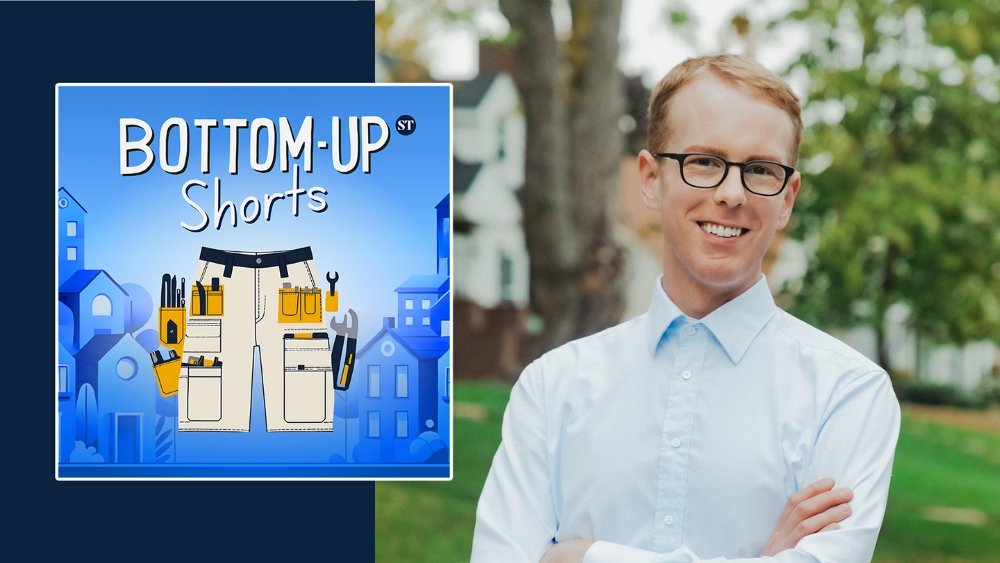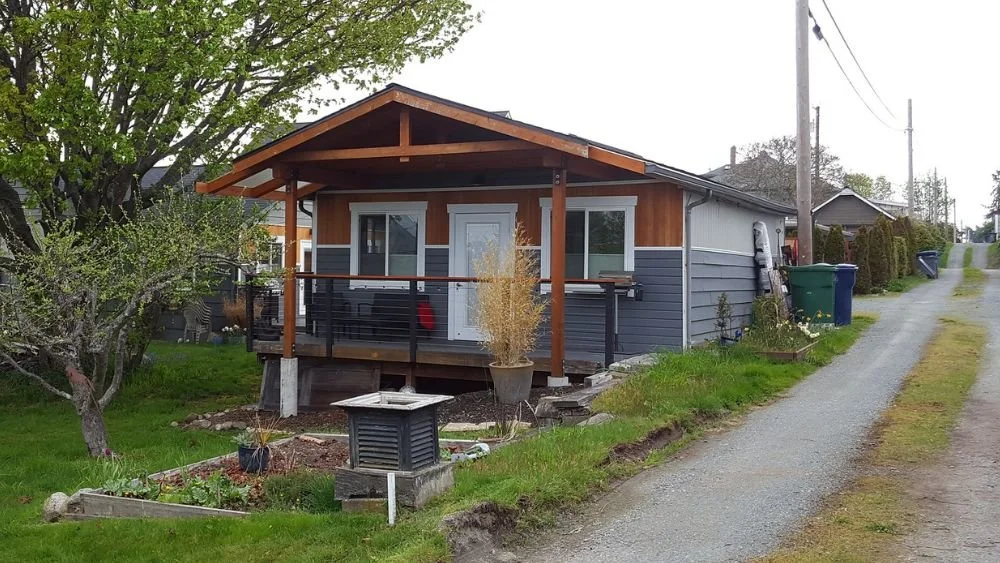Attendees of last week’s National Housing Supply Summit hoped it would provide insights for how Washington can tackle America’s housing crisis. But expecting Washington to fix problems it helped create isn’t optimism; it’s a paradox.
Read MoreCities thrive when residents actively participate in conversations about their future. Whether through public comment or the written word, speaking up isn’t just an act of protest—it’s an act of stewardship. Here’s how one Albuquerque resident advocated for more housing in his city.
Read MoreRecent publications from The New York Times and the Civitas Institute prove that years of work by the growing Strong Towns movement — by people like you — is successfully spreading a forward-thinking approach to building towns.
Read MoreSean Hayford Oleary is a city council member in Richfield, Minnesota. Today, he and Norm discuss his efforts to reintroduce duplexes, reduce parking mandates, and support walkable neighborhoods. (Transcript included.)
Read MoreA couple in Arkansas are showing how small-scale projects can breathe life into downtown and make homeownership more attainable for the next generation.
Read MoreTravis Goedken is the city manager of Decorah, Iowa. He joins Norm to talk about the practices and reforms that are making Decorah strong, including making its budgeting easier to understand for residents and finding creative loopholes in restrictive state housing laws. (Transcript included.)
Read MoreWhat cities have successfully financed housing at the local level? How does tax increment financing work? When should cities stop subsidizing large-scale housing projects? Strong Towns President Chuck Marohn answers all these questions and more in this episode of the Strong Towns Podcast. (Transcript included.)
Read MoreDenver wants to repeal parking mandates citywide. This will help the city fight the housing crisis by reducing the costs and regulatory hurdles of development.
Read MoreRyan Andrews is the CFO of a small-scale development company and capital fund in Bend, Oregon. In this episode, he discusses the importance of local investment and explains how to channel the profits from housing development back to locals. (Transcript included.)
Read MoreFor years, housing production has systematically privileged corporate developers while shutting out everyone else. But cities are starting to change that. In Tennessee, this change is taking the form of a new process for preapproved plans.
Read MoreMany of incremental development’s values — localism, quality and civic pride — align well with those of houses of worship. If faith communities embrace this model, we could see a wave of faith-based housing that complements the broader movement toward incremental development.
Read MoreMany city officials are struggling to provide affordable housing for their communities. In Denver, a group of city officials, community leaders and nonprofit organizations decided to try something different.
Read MoreThriving places are built by the people who live in them, and the strongest reforms are ones that empower these people to shape their own futures. Here are some of the people who are thriving because of their cities' empowering housing policies.
Read MoreThe Suburban Experiment killed the starter home. Here's how cities can bring it back to life.
Read MoreMany people think that increased efficiency and economies of scale in the housing market are the key to affordability. However, these benefits are not actually appearing. We do need innovation, but not in the form of new interest rate manipulations or complex securitization schemes.
Read MoreZoning codes across the country attempt to define what a "family" is, often in ways that are not only outdated but also legally tenuous at best. Instead of pretending we can enforce arbitrary definitions of family, let’s focus on what actually impacts people's lives.
Read MoreJust as a fragile ecosystem can wither without the right conditions, our housing system is struggling under the weight of imbalance. But small, intentional shifts can restore stability. The seeds of change are already planted. It’s time to cultivate them.
Read MoreWhen a development project dares to break the Suburban Experiment mold, it faces intense scrutiny from both opponents and advocates. Ironically, these are the very projects we should be studying — and even celebrating. Culdesac Tempe, a car-free community in Arizona, is one such project.
Read MoreOn January 13, 2025, the city council of Bellingham, Washington, eliminated parking mandates citywide. This decision is a key step in reducing barriers to housing development.
Read MoreWith office vacancies and housing needs at record highs, converting one into the other seems like an obvious fix. However, office conversions are very difficult and expensive. Cities would get better results by enabling incremental development.
Read More



















